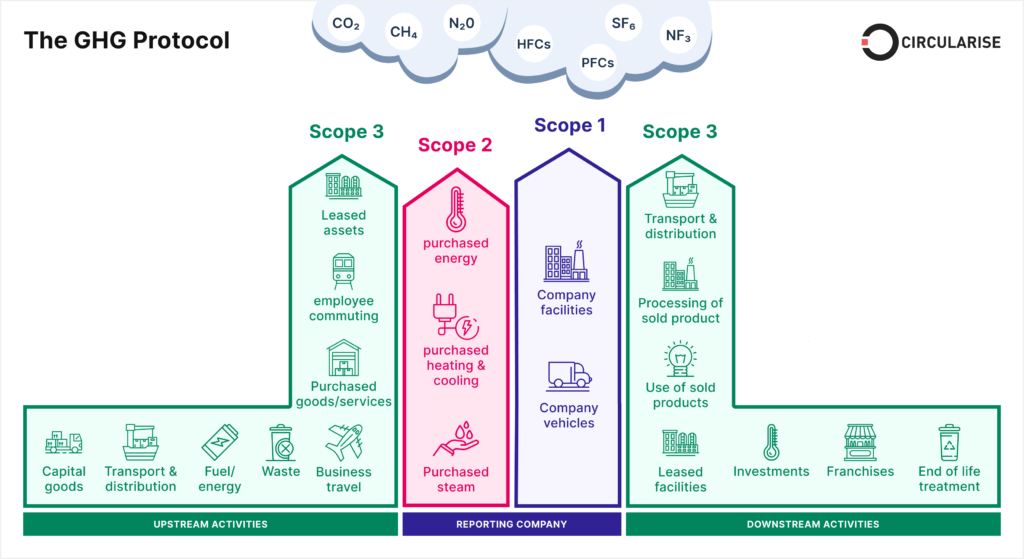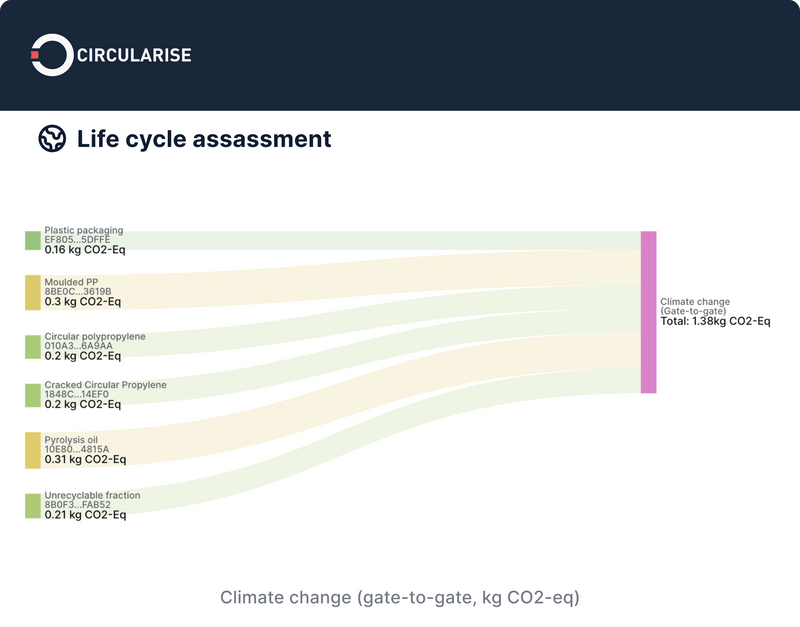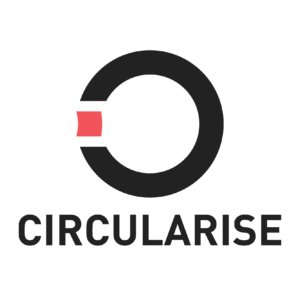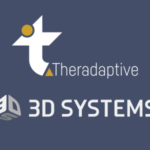Circularise: Leading the Charge in Blockchain Carbon Footprint Tracking
In an era where accurate data reporting is paramount, one company, Circularise, is leveraging blockchain technology to revolutionize the process of tracking carbon footprints. With the promise of enhanced transparency, accountability, and minimal risk across supply chains, Circularise’s approach offers a compelling solution to a notably complex issue.
Decoding the Complexity of Scope 3 Emissions

If you’re interested in learning more in-depth information, I highly recommend this article. (Circularise Post)
Scope 3 emissions – encompassing all indirect emissions that occur both upstream and downstream in a company’s value chain – are notorious for their complexity. Despite not being directly controlled or owned by the organization, these emissions often comprise the bulk of a company’s carbon footprint, making their accurate identification and tracking of paramount importance.
Unveiling the Hidden Actors in Emissions
Consider the process of plastic resin production or car manufacturing. Scope 3 emissions stem from a multitude of upstream and downstream activities: from the primary production of petrochemicals or sourcing of raw materials such as aluminium and zinc to the final disposal of the product, which may involve incineration, landfill, or recycling. These indirect emissions present unique challenges due to their diverse origins and the lack of direct control over them by the producing organization.
From Understanding to Accountability
The complexity of Scope 3 emissions goes beyond their identification and measurement – it extends to their effective management and the assignment of responsibility. By grasping the extent of these emissions, companies can establish powerful carbon reduction strategies and communicate their efforts transparently to stakeholders. It provides them with vital information needed to reduce their carbon footprint, playing a crucial role in shaping their sustainable business strategies.
With the help of technologies such as blockchain, the intricate task of tracking and managing Scope 3 emissions becomes increasingly feasible. Blockchain-based solutions such as those offered by Circularise can improve transparency, reduce administrative burdens, and facilitate the sharing of emissions data without jeopardizing data privacy – crucial steps towards a more sustainable and circular economy.
Smart Questioning: A Unique Blockchain Solution
At the heart of Circularise’s technology is a unique encryption solution known as ‘Smart Questioning.’ This innovation allows supply chain participants to trace products, verify origins, certificates, carbon footprints, and other material data. It’s backed by a blockchain-based chain of custody and enables sharing of sensitive product information without risking data privacy and confidentiality.
This powerful tool can help companies drive competitive growth through the use of recycled materials and provide real-time data analytics of material flows through their supply chains. The end result? Risk mitigation and cost reduction. In essence, Circularise’s mission is to significantly shift the global economy to a circular model.

The Promise of Blockchain in the Circular Economy
Transitioning to a more circular future is more than an ambition – it’s a necessity. To achieve this, we need new methods of collaboration and common goal-setting across complex supply chains.
Blockchain is likely to be a key enabler of this circular economy. For supply chains, a blockchain is a decentralized digital system that allows stakeholders to record information in a secure, verifiable way. This eliminates the risk of any sensitive intellectual property becoming public.
The technology offers a unique solution to the growing demand for more information from companies and customers alike. It offers a potential answer to the challenging question: How can companies like Porsche provide their stakeholders with more information without compromising sensitive details?
Despite these promising developments, there are hurdles to overcome. For global implementation, stakeholders need a standardized way of communicating – they need to be speaking the same language.
Opinion
Major chemical corporations such as Sabic have recently announced their collaborations with Circularise, reflecting a shift towards recognizing the efficacy of leveraging blockchain technology in measuring and quantifying Scope 3 emissions. Despite the complexities that surround Scope 3 emissions, advancements in technology like this will eventually allow us to bring these emissions under our control. (News : “SABIC LAUNCHES PILOT BLOCKCHAIN PROJECT”)
However, to create a holistic and effective measurement of Scope 3 emissions, I believe that compatibility across multiple platforms or consolidation onto a singular platform is crucial. This would provide a comprehensive picture of emissions across all supply chain processes. Therefore, if your company is struggling with measuring carbon emissions, considering a partnership with Circularise might be a strategic step forward.



